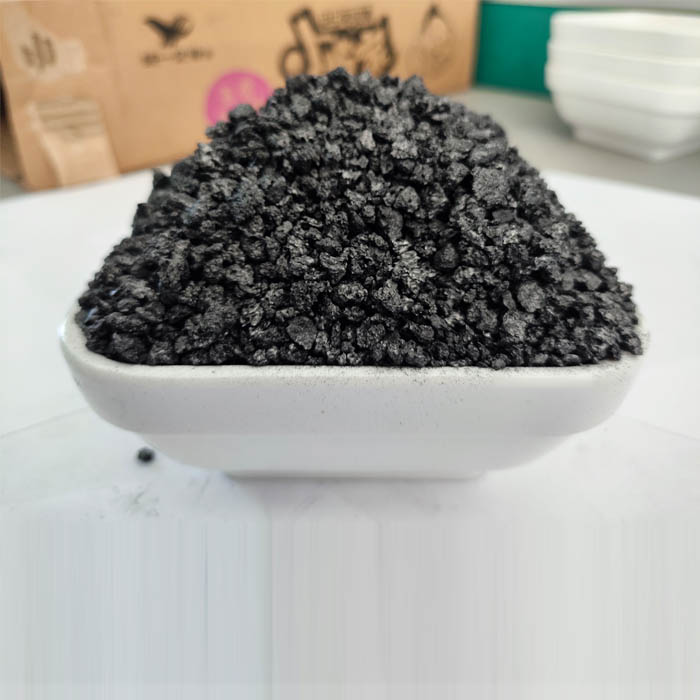Sep . 11, 2024 00:05 Back to list
refractory gasket material
Refractory Gasket Material An Overview
Refractory gasket materials are essential components in high-temperature industrial applications. These materials are engineered to maintain their structural integrity and seal effectiveness under extreme conditions, making them crucial for the efficient operation of various equipment, including furnaces, reactors, and boilers. The term refractory refers to materials that can withstand high temperatures without melting, deforming, or losing their mechanical properties. This article explores the characteristics, applications, and importance of refractory gasket materials.
One of the primary characteristics of refractory gasket materials is their high thermal resistance
. These materials are typically composed of inorganic substances such as ceramics, graphite, and certain metal alloys that can endure temperatures ranging from 1000°C to over 2000°C, depending on the specific formulation. Additionally, refractory gaskets often exhibit excellent chemical resistance, preventing degradation from aggressive substances found in industrial environments, such as acids, alkalis, and other corrosive agents.The manufacturing processes for refractory gaskets can vary widely, encompassing techniques such as compression molding, die-cutting, and braided rope fabrication. These methods allow for the production of gaskets in various shapes and sizes, tailored to fit specific applications and equipment. Furthermore, advancements in material science have led to the development of composite refractory materials that combine the advantageous properties of different substances, enhancing performance characteristics like flexibility, strength, and sealing capability.
refractory gasket material

Refractory gaskets find applications across a range of industries. In the petrochemical sector, they are used in pipes, valves, and flanges to ensure leak-free connections in high-temperature environments. Similarly, the power generation industry employs refractory gaskets in boilers and turbines. The aerospace and automotive sectors also utilize these materials in engine components where thermal management is critical. The ability to withstand thermal cycling and mechanical stress is vital for maintaining safety and performance in these high-demand applications.
The importance of refractory gasket materials cannot be overstated. A failure in sealing can lead to significant operational downtime, environmental hazards, and financial losses due to the release of hazardous substances or the inefficiency of processes. Therefore, the selection of appropriate refractory gasket materials is crucial for ensuring reliability and efficiency in high-temperature operations.
In conclusion, refractory gasket materials play a vital role in various industrial applications where heat and chemical exposure are prevalent. Their unique properties make them indispensable for maintaining the integrity and safety of equipment operating under extreme conditions. As industries continue to evolve and face new challenges, the demand for advanced refractory materials will likely increase, driving innovation and research in this field. Companies that prioritize the selection of suitable refractory gasket materials can achieve enhanced performance, reduced maintenance costs, and improved safety.
-
Eco-Friendly Granule Covering Agent | Dust & Caking Control
NewsAug.06,2025
-
Fe-C Composite Pellets for BOF: High-Efficiency & Cost-Saving
NewsAug.05,2025
-
Premium Tundish Covering Agents Exporters | High Purity
NewsAug.04,2025
-
Fe-C Composite Pellets for BOF | Efficient & Economical
NewsAug.03,2025
-
Top Tundish Covering Agent Exporters | Premium Quality Solutions
NewsAug.02,2025
-
First Bauxite Exporters | AI-Optimized Supply
NewsAug.01,2025
